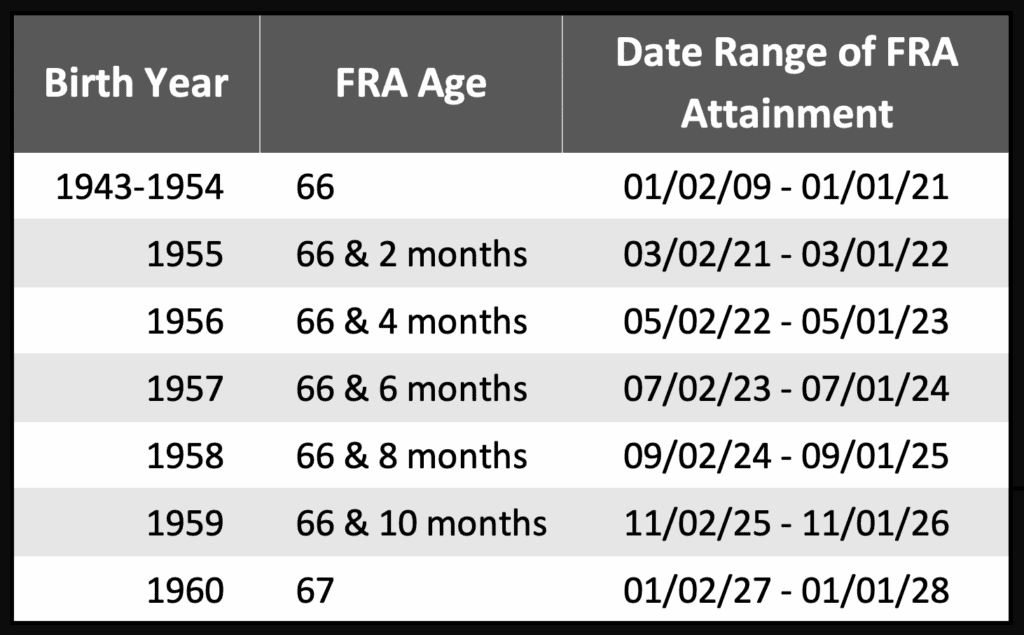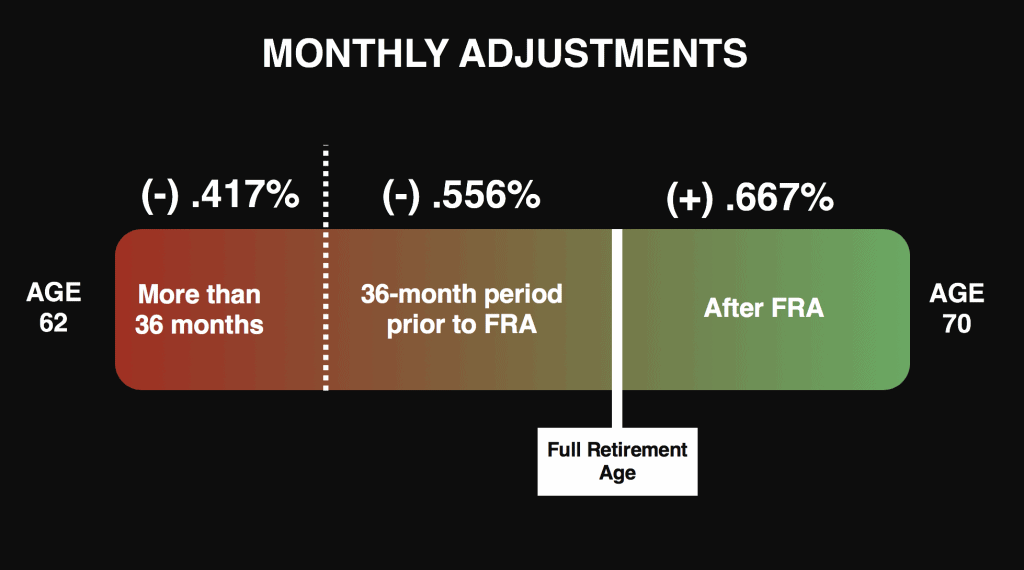Yes. If you meet the qualifications.
You must be either a member of the clergy or a member of a recognized religious sect (ex. Amish & Mennonite).
There are some differences in the rules for these groups but either way you have to agree to language that you are opposed to “any public insurance that makes payments in the event of death, disability, old age, or retirement; or that makes payments toward the cost of, or provides services for, medical care.”
You cannot opt out solely for economic reasons.
For ministers, you have to submit Form 4361 by the due date (including extensions) of your income tax return for the second tax year in which you had at least $400 of ministerial earnings.
Fortunately, if you’ve already paid in enough FICA/SECA taxes through other work to qualify for benefits, you’ll still be able to receive them.
Members of certain recognized religious sects (ex. Amish, Mennonite) will use Form 4029. One of the key differences for a member of a religious sect is that you must waive all rights to future benefits. This means that even if you have already paid in enough taxes to qualify for benefits, you WILL NOT receive those benefits.
The IRS Form for religious sect members requires you to acknowledge [in bold print], “I waive all rights to any social security payment or benefit under Titles II and XVIII of the Social Security Act. I understand and agree that no benefits or other payments of any kind under Titles II and XVIII of the Social Security Act will be paid based on my wages and self-employment income to any other person. I certify that I have never received benefits or payments under the above titles, nor has anyone else received these benefits based on my earnings.”
Needless to say, opting out is a BIG step that you need to take with a lot of care and planning. Remember, this is not just a future retirement benefit you’re opting out of, but a benefit if you become disabled, benefits for your family if you die, and benefits that will pay for your healthcare (Medicare).
Check out my article and IRS Publication 517 for more information.
Here are a few other links that may help:
SSA Website
Are members of religious groups exempt from paying Social Security taxes?







